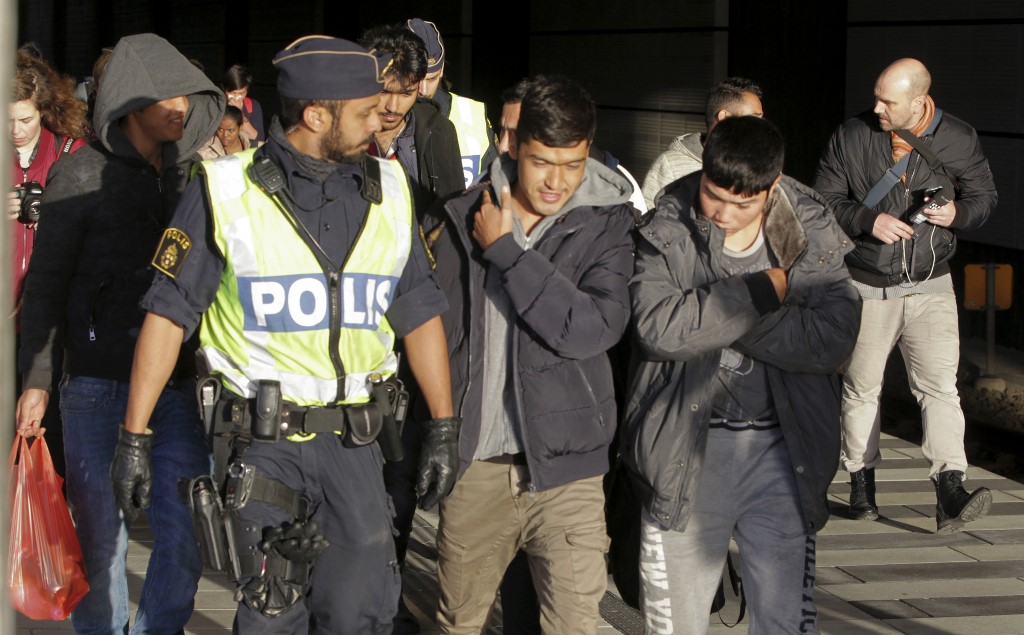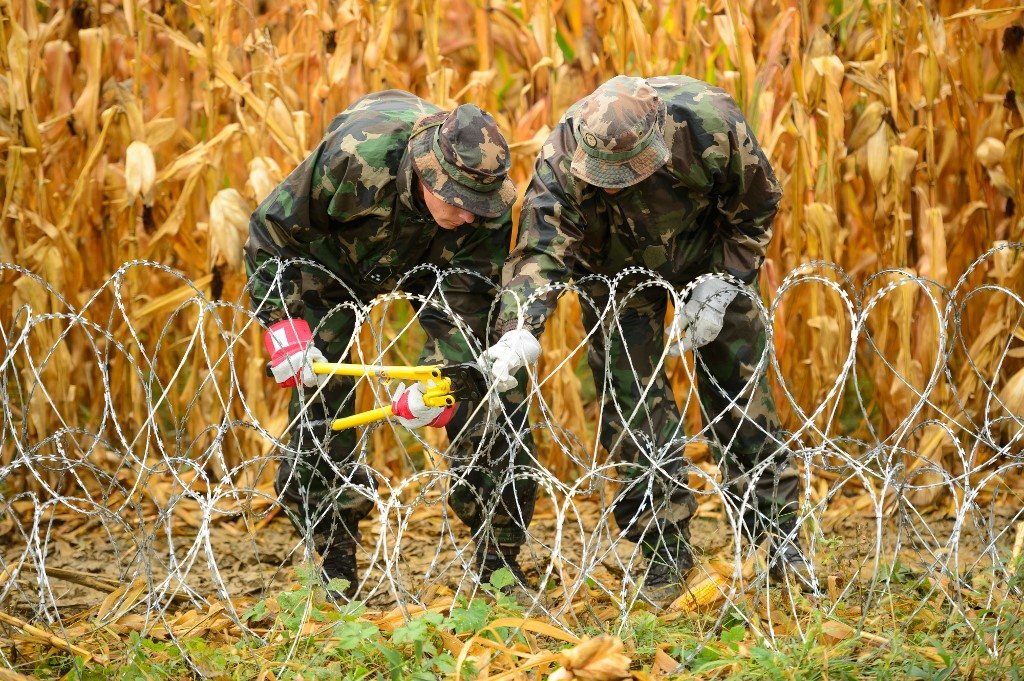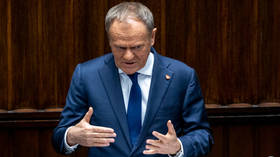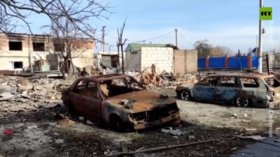Macron says Schengen zone needs to be smaller. Which country did he have in mind?
Citing concerns over border security, French President Emmanuel Macron has declared that the EU’s visa-free zone is no longer tenable. But how will he decide who stays and who goes, and is France in the running?
Macron, once billed as a champion for greater EU integration and unity, made a surprising policy U-turn when he stated that the Schengen zone “does not work anymore” and that the bloc’s open-border policy would need to be revised. The French leader also called for an end to the Dublin Regulation, which gives an EU member-state the right to send back asylum seekers to the first country of entry to the bloc.
His comments have been interpreted as concessions to the anti-globalist Yellow Vest movement, but Macron may have a difficult time explaining why he once railed against nations which opposed Brussels’ decrees about open borders and asylum seekers – only to make an abrupt about-face.
Also on rt.com Macron suggests shrinking Schengen zone because EU migration policies 'do not work'How does Macron envision this smaller, more border-conscious Schengen zone, and what factors will be used to decide which nations are no longer worthy of being part of the visa-free agreement? Is it possible that France – shaken by an influx of migrants, terrorism and social unrest – is a perfect candidate for exclusion from Macron’s new Schengen agreement?
Who stays and who goes?
While the French president believes that the Schengen area, which is comprised of 22 EU member-states and four non-EU countries, is no longer tenable, he failed to elaborate on which countries will get the visa-free boot. How would a future, more security-savvy Schengen zone be determined? Excluding economically-challenged member states such as Greece or Italy could perhaps be a way to keep economic migrants at bay. Likewise, countries gripped by social strife, such as in Sweden, with its crime-plagued “no-go zones,” could be ideal candidates for Schengen exclusion.
Or is Macron setting his sights on economic powerhouse Germany? Kicking Germany out of the zone seems unfathomable, but repeated terrorist attacks coupled with an increasingly uncertain political and social climate fuelled by its generous intake of asylum seekers could put Berlin on the blacklist.

A Dublin double standard
Macron’s lamentations over the Dublin agreement are equally puzzling. The French leader has long been at odds with Hungarian Prime Minister Viktor Orban and other anti-migrant factions within the bloc, who argue that the arrangement places an unfair burden on member-states that serve as entry points to the EU. Hungary has long opposed the agreement and maintains that it has sole sovereignty over who is allowed to seek asylum within its borders. The stance has made Orban into a pariah in the eyes of Brussels. Does Macron now count himself among the much-maligned EU-skeptics, or has questioning the viability of the Dublin agreement now become a legitimate policy stance? Actually, Macron may be simply acknowledging a painful truth that has long been apparent: In 2016, the European Commission proposed reforming the Dublin system in an attempt to ensure that all countries take in their fair share of migrants.

Time for France to leave Schengen?
Ironically, Macron’s government is already at odds with the Schengen agreement: France imposed internal border checks as a security precaution following the 2015 Paris terror attacks – but the “temporary” measure has been extended right up to the present day.
Which begs the question: Should France be the first country to formally leave the Schengen zone? After all, France seems to fit the profile of a problem country for a visa-free EU zone. Having suffered a string of deadly terror attacks since 2015 (the most recent in December 2018 in Strasbourg, which killed five and wounded more than 10), France clearly suffers from security lapses. Still scrambling to adjust to the migrant influx, and now faced with weekly, nationwide street protests led by the Yellow Vests, France may be the perfect candidate for a border quarantine.
But is that what Macron had in mind when he suddenly decided that borders are important?
Like this story? Share it with a friend!














